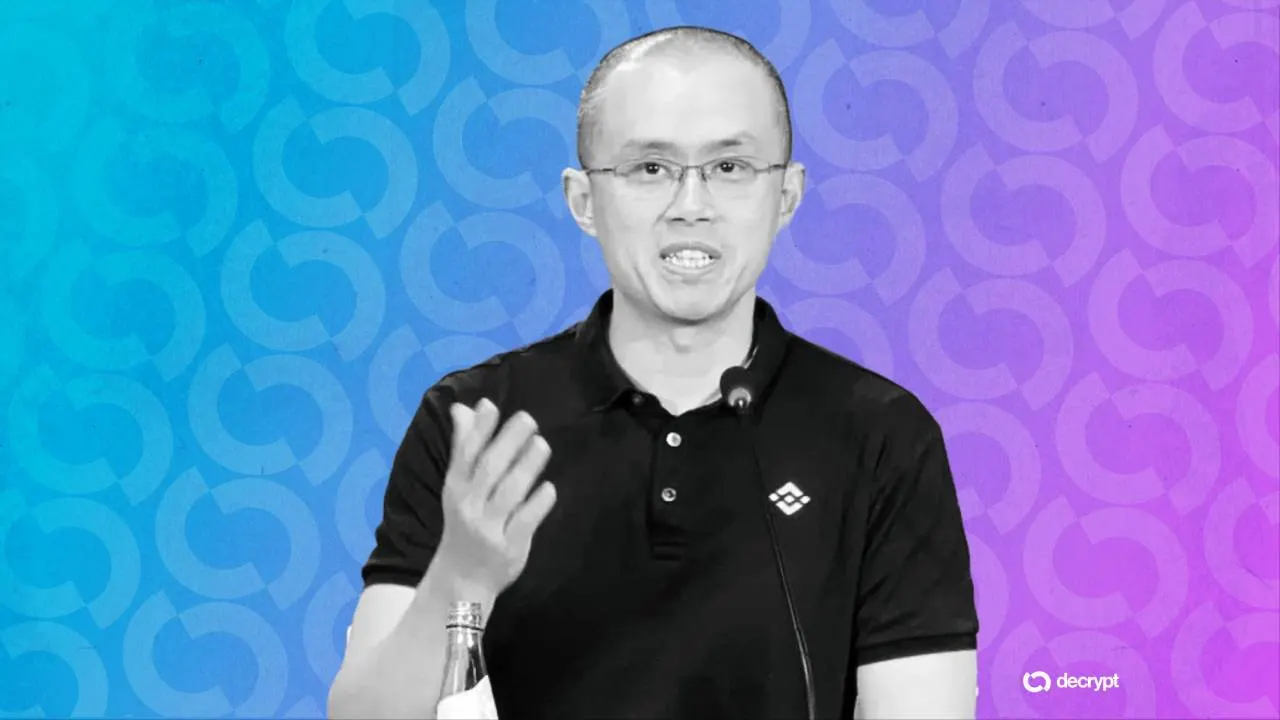Is a Presidential Pardon in the Works for Binance Founder CZ?

News Summary
Fox Business reporter Charles Gasparino reported internal White House discussions about potentially pardoning Binance founder Changpeng "CZ" Zhao, indicating that President Trump is leaning towards approving a pardon. This news has sparked significant discussion on crypto Twitter. CZ resigned as Binance CEO in 2023 and served prison time, but remains its largest shareholder. He had previously formally applied for clemency, though earlier reports of a pardon were retracted, and DOJ records show no official clemency. Zhao himself did not deny Gasparino's report, instead welcoming the outcome by stating, "Great news if true." If a pardon is issued, it could ease regulatory constraints on Zhao, potentially reopening U.S. markets to Binance and signaling an even friendlier crypto policy under the Trump administration.
Background
Changpeng "CZ" Zhao is the founder of Binance, the world's largest cryptocurrency exchange. In 2023, he pleaded guilty to violating U.S. anti-money laundering laws as part of a settlement with the Department of Justice, resigned as CEO, and served a four-month prison sentence at a minimum-security facility in Lompoc, California. Despite stepping down as CEO, CZ maintained his ownership stake in Binance and remains its largest shareholder, retaining significant influence in the global crypto space. Since his release from prison, he has focused on global crypto advocacy, advising governments on digital asset policy, and investing in blockchain startups through private ventures.
In-Depth AI Insights
What are the strategic implications of a potential presidential pardon for the U.S. crypto market and Binance? - A pardon for CZ by the Trump administration signals a potentially significant shift toward a more pro-crypto regulatory stance, which could have profound implications for digital asset policy in the U.S. - If successful, it could pave the way for Binance to re-engage with or expand its operations in the U.S. market, challenging existing players and market dynamics. - This move might prompt other major crypto entities to re-evaluate their U.S. strategies and could encourage a new wave of investment and innovation, anticipating a more lenient regulatory environment. Beyond the immediate headlines, what deeper motivations might drive the Trump administration's consideration of this pardon? - Appealing to the crypto voter base: Pardoning a prominent crypto leader could be a strategic move to garner support from the growing cryptocurrency community, a valuable voting bloc for a re-elected president. - Business interests and influence: While denied by CZ, previous reports suggested the Trump family explored investment deals involving Binance's U.S. arm. A pardon could be linked to potential business or political quid pro quo arrangements, solidifying a foothold in the digital economy. - Projecting an "innovation-friendly" image: By demonstrating leniency towards a crypto industry leader, the Trump administration can cultivate an image that supports technological innovation and reduced regulatory burdens, especially in contrast to the previous administration's perceived "crypto crackdown." How might a pardon, or lack thereof, influence CZ's future role and Binance's competitive landscape in the global crypto sphere? - If pardoned, CZ's personal reputation and influence would be significantly bolstered, granting him greater leverage in global crypto advocacy and investment, potentially allowing him to shape Binance's strategic direction in a non-executive capacity. - For Binance, this could place it in a more favorable position regarding U.S. regulatory scrutiny, enhancing its global competitiveness and potentially attracting more institutional interest. - Should a pardon not materialize, CZ would likely continue to focus on non-U.S. markets and global advocacy, while Binance's U.S. expansion would remain challenged, potentially ceding market share to other exchanges compliant with U.S. regulations.